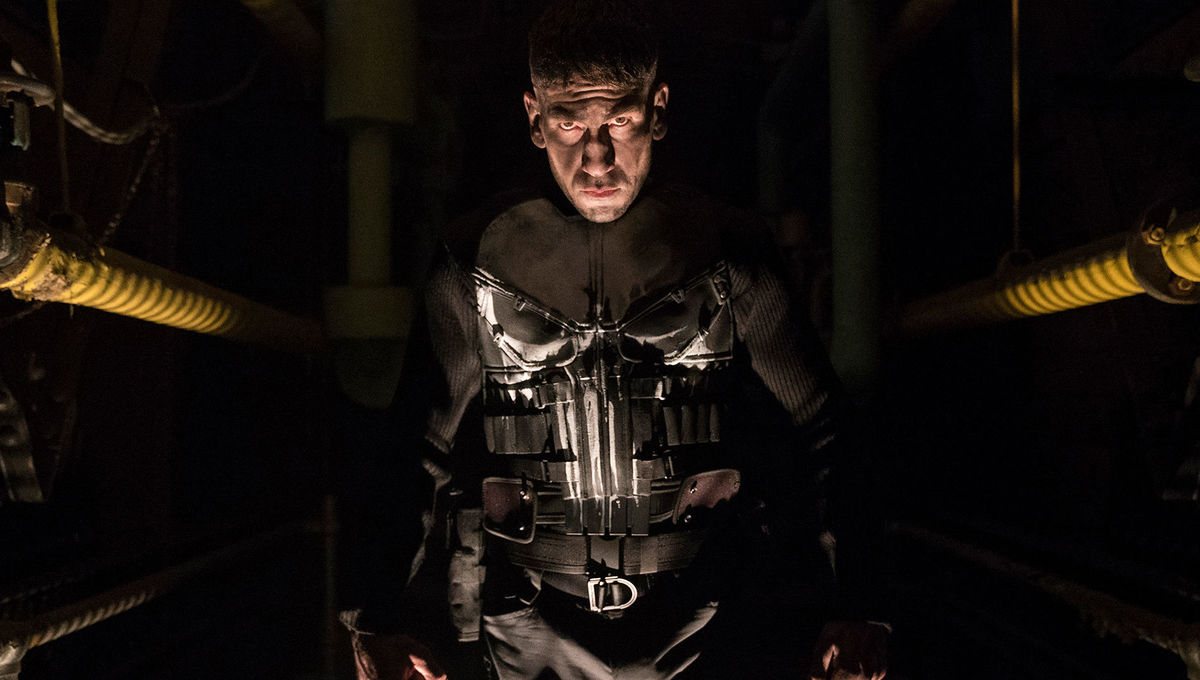- Feb 25, 2015
- 3,309
- 4,480
Def a race soldier....
I hope he catches a bullet to the dome
Follow along with the video below to see how to install our site as a web app on your home screen.
Note: This feature may not be available in some browsers.

What are your thoughts on the Punisher symbol being co-opted by police or the military?
I've talked about this in other interviews. To me, it's disturbing whenever I see authority figures embracing Punisher iconography because the Punisher represents a failure of the Justice system. He's supposed to indict the collapse of social moral authority and the reality some people can't depend on institutions like the police or the military to act in a just and capable way.
The vigilante anti-hero is fundamentally a critique of the justice sysytem, an eample of social failure, so when cops put Punisher skulls on their cars or members of the military wear Punisher skull patches, they're basically sides with an enemy of the system. They are embracing an outlaw mentality. Whether you think the Punisher is justified or not, whether you admire his code of ethics, he is an outlaw. He is a criminal. Police should not be embracing a criminal as their symbol.
It goes without saying. In a way, it's as offensive as putting a Confederate flag on a government building. My point of view is, the Punisher is an anti-hero, someone we might root for while remembering he's also an outlaw and criminal. If an officer of the law, representing the justice system puts a criminal's symbol on his police car, or shares challenge coins honoring a criminal he or she is making a very ill-advised statement about their understanding of the law.
Before we can start talking about solutions we have to come to grips with the FACT the entire concept of a police force and or certain groups of individuals having any type of authority over other groups of individuals is a moral fallacy and always will be. If black people are still thinking it’s ok to trust or call police on any level we’re screwed and nothing will change.
One question nobody seems to be able to answer though is what DO you do when crime is prevalent but you can't trust the police? We all know there are people out here who'd rob their own family at gunpoint. If somebody breaks into my car, what do I do? Try to track em down and beat their ***?
I'm personally conflicted, because I despise the police, but I can't act like there aren't trash people out here who don't give a **** and make society worse for the rest of us every day.
